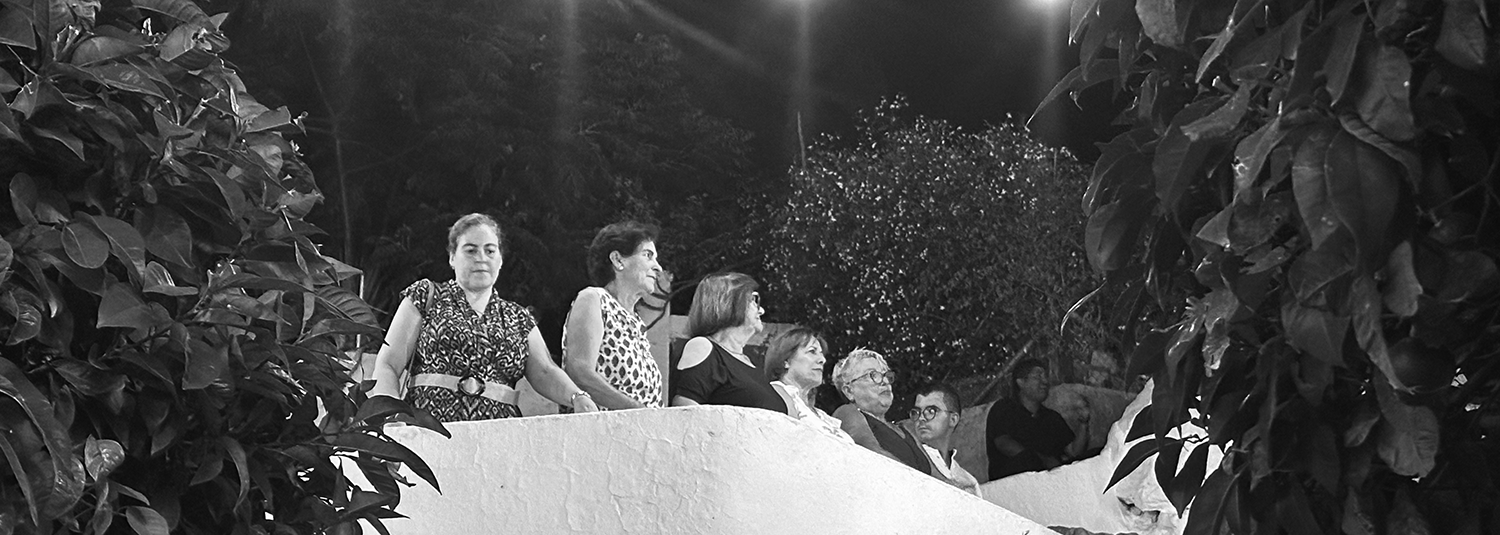Even when you ask other people for help with your work-in-progress, the final decisions remain your own.
An email from a member of a critique group I organise brought me up short. She’d attached a poem revision saying, ‘I have made the corrections suggested…’
The half dozen of us who discussed her poem at the meeting that week had certainly offered plenty of suggestions for changes and alternative approaches, but I’m sure none of us thought we were making “corrections”.
Back in the year 2000, I joined an online poetry forum where anyone who submitted a poem for workshopping was advised to add ‘c&c’ to the post title: that way, others knew that they were invited to offer comments and criticism rather than simply praising the work. Note that neither ‘c’ in ‘c&c’ stands for ‘correction’.
If you submit your poem in a workshop environment, you aren’t offering it for correction and you aren’t obliged to accept the advice offered.
When skilled writers give you feedback and suggest you make changes, it’s tempting to do just what they say. But the more people who are involved, the more opinions there are likely to be, and sometimes there will be disagreement even among the writers whose opinions you value most.
Remember, too, that some people are much better at giving advice than at applying it to their own work, so it’s a good idea to listen to what everyone has to say, even if you don’t particularly admire their writing. And, whether you like what is said or not, if you would like others to go on giving you feedback in the future, you should thank each person for their comments. But don’t feel bullied into making changes that don’t coincide with your own intentions for the poem, and certainly don’t rush to implement the very first changes suggested.
When you’ve heard a range of opinions and time has created more distance from your original work, you may end up combining and adapting advice from a number of people. But even if you don’t alter anything in the poem that was under discussion, the advice received may come in useful for future poems.

This essay is taken from my book, “A Poet’s Dozen”, a collection of brief essays on poetry. The book is available to buy in digital or audio format.



Comments ()